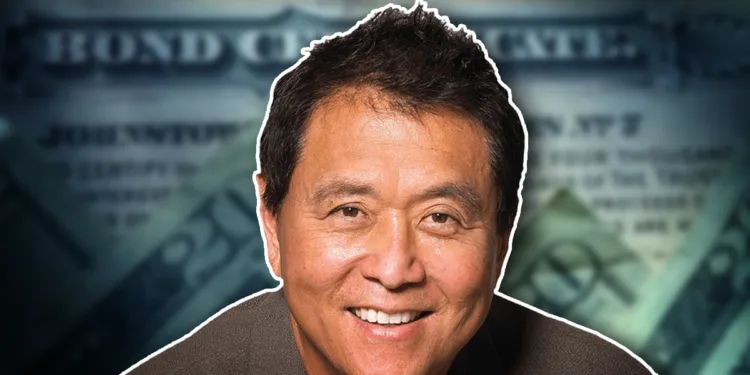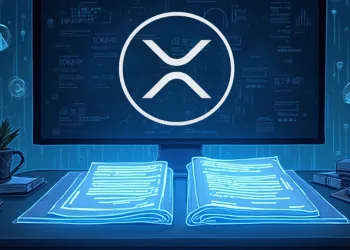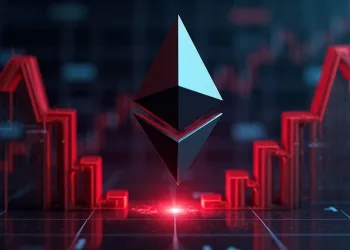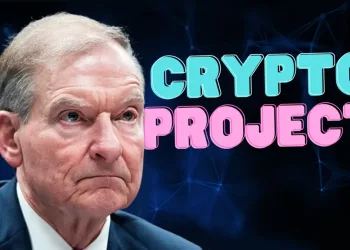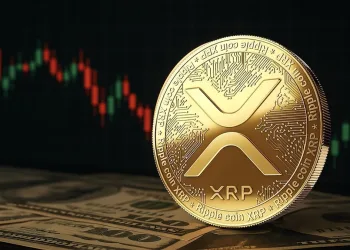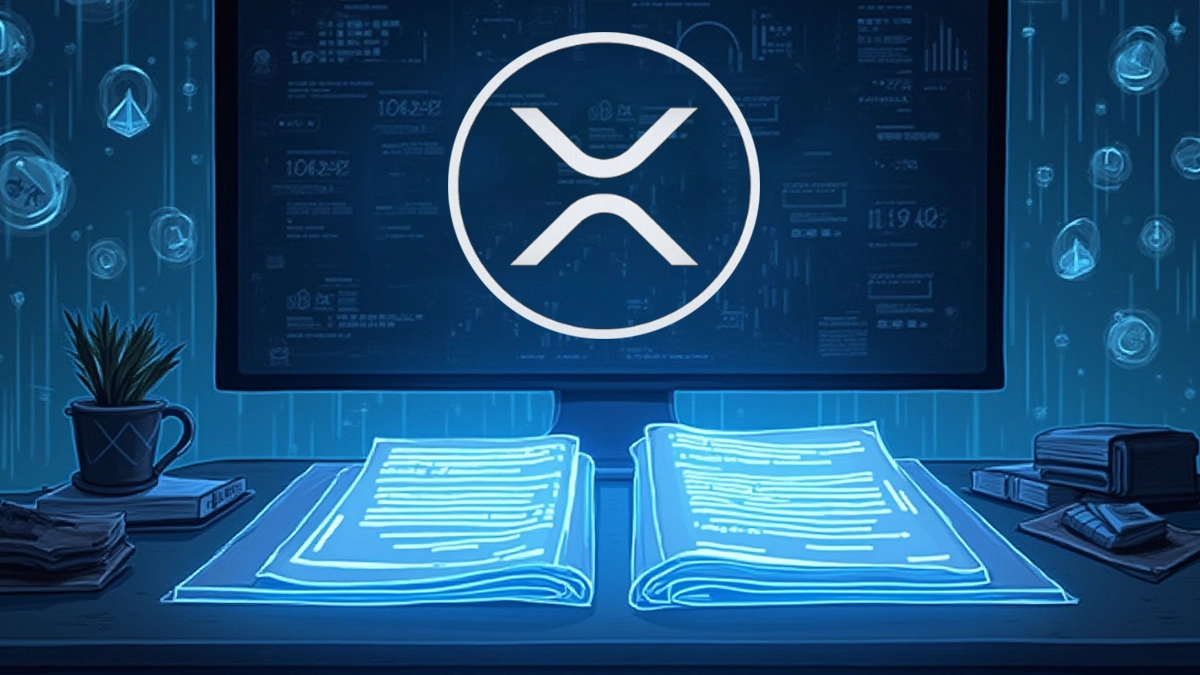- According to Robert Kiyosaki, many financial advisors do not recognize that U.S. Treasury bonds have a significant risk of default.
- He argues that the financial stability of the bond market is closely linked to the U.S. decision to leave the gold standard in 1971.
- Many central banks globally are reducing their debt holdings in the U.S. and selecting to increase their gold stocks, preferring to protect themselves from paper-born risks.
Robert Kiyosaki, a seasoned money commentator, has sparked renewed controversy regarding the safety of United States Treasury bonds. In a recent social media post, Kiyosaki issued a stern criticism of traditional investment advice, labeling the long-standing view that “bonds are safe” as a “Big F’n Lie.”
His comments come at a time of heightened scrutiny of U.S. fiscal soundness, with increasing debt levels, downgrades in their credit ratings, and changes in central bank policy casting doubts on the safety of government-issued financial instruments.
Counterparty Risk Raises Questions About Bond Security
Kiyosaki emphasizes that people should worry about counterparty risk, as it means the issuer might fail to honor its promises. According to him, investors often underestimate this important risk when they put money into U.S. bonds. According to his view, placing full trust in institutions like the U.S. Treasury or Federal Reserve involves a level of risk that is often underestimated or ignored by both advisors and clients. He used a blunt analogy, comparing this blind trust to relying on a convicted criminal for childcare, highlighting what he sees as a dangerous assumption about institutional reliability.
Linking the current bond market to long-term monetary tendencies, Kiyosaki went all the way back to 1971 when the U.S. ended its pledge under the gold standard. He said that since then, the government has produced what he refers to as “fake fiat money,” enabling what he views as unsustainable fiscal habits. In his view, bonds have come to be used as the instrument for hiding underlying economic issues, rather than offering actual financial security.
From Treasuries to Tangibles: A Global Shift
Kiyosaki’s concerns are underscored by recent global trends. Citing data on central banks reducing exposure to U.S. debt, he noted a marked increase in Gold purchases by state institutions. He referenced Moody’s downgrade of U.S. creditworthiness as a signal that confidence in Treasury instruments may be weakening. For Kiyosaki, this behavior reflects a broader shift away from paper assets toward tangible stores of value.
Reevaluating Trust: Kiyosaki Calls for Transparency and Caution
Kiyosaki did not limit his criticism to government policy. He also questioned the role of financial advisors who continue to market bonds as low-risk investments. He argued that failing to disclose the complexities and risks involved in such products amounts to negligence.
Drawing on what J.P. Morgan once said, “Everything else is credit, while gold remains money,” he explained why verifying the quality of each investment is necessary. Based on his view, it appears that using a blend of approaches could improve the way current finances operate.


